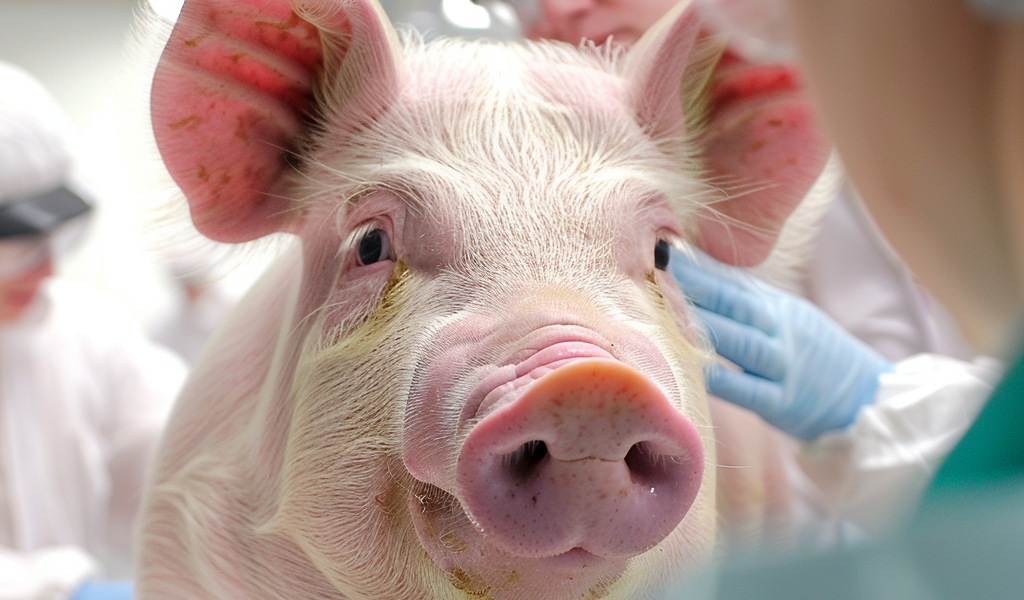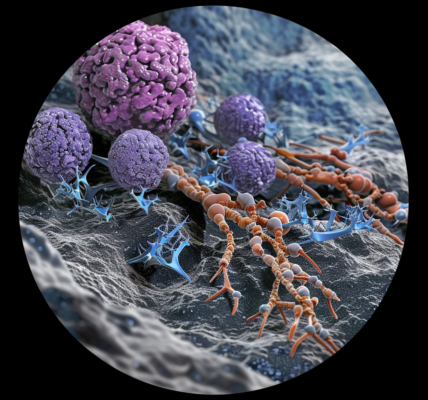Scientists are making groundbreaking strides in the field of organ transplantation, offering hope for the thousands of patients awaiting life-saving procedures. The latest development involves genetically modified pigs, which could potentially put an end to the shortage of organs for transplants.
Researchers are optimistic about the potential of gene-edited animals to serve as a new source of organs for transplantation. Pigs that have been genetically modified to minimize rejection are currently undergoing human testing, marking a significant advancement in the field of medical science.
The use of genetically modified pig organs has the potential to revolutionize the transplantation process, offering a solution to the persistent shortage of organs for patients in need. This development brings new hope to individuals on transplant waiting lists, as it could significantly increase the availability of viable organs for transplantation.
With ongoing research and testing, the prospect of utilizing genetically modified pig organs for transplants is becoming increasingly feasible. The scientific community is closely monitoring the progress of these trials, recognizing the potential to transform the landscape of organ transplantation and save countless lives.





